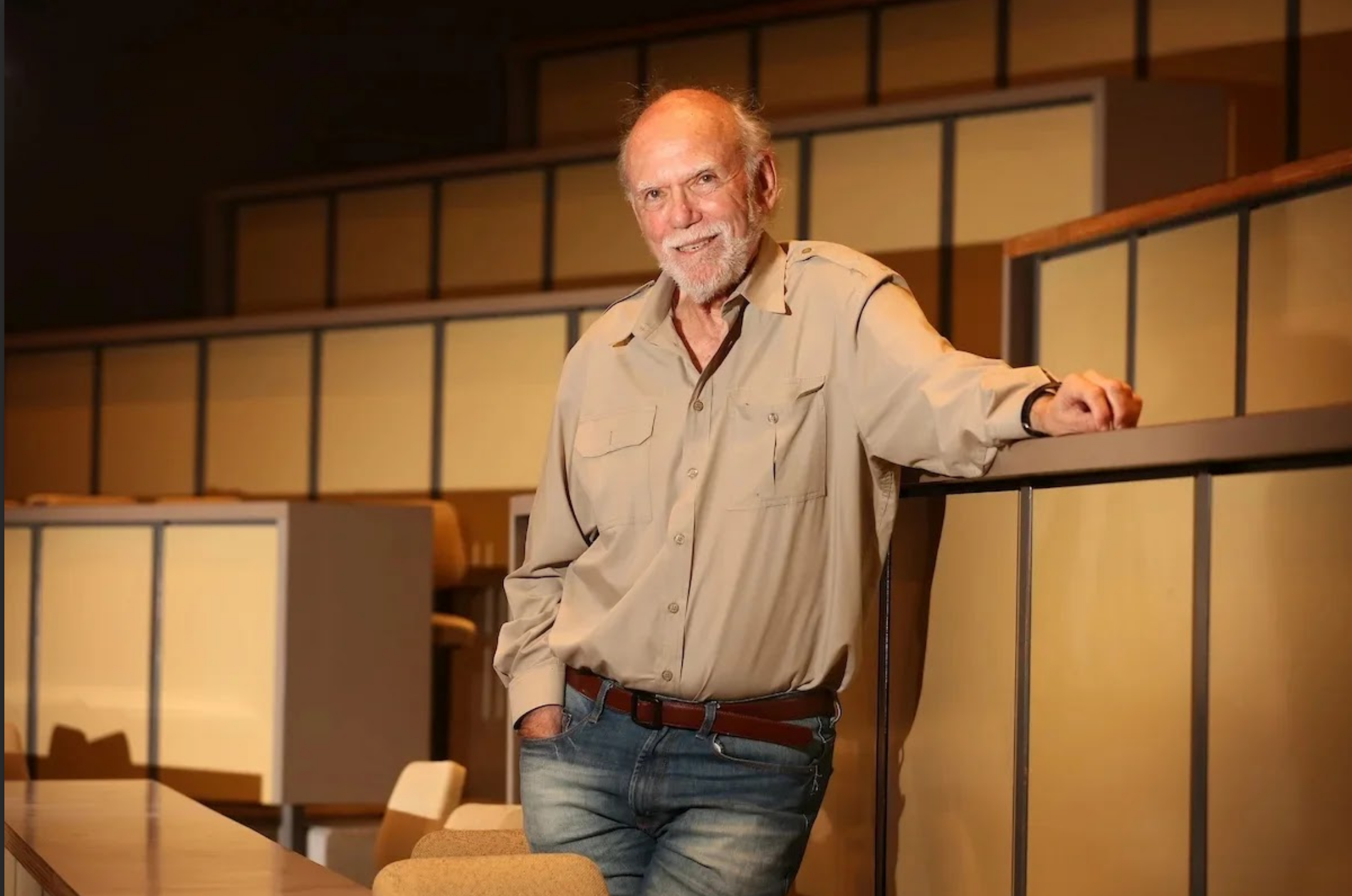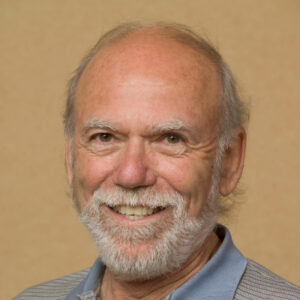
Barry Barish was born in Omaha, Nebraska in 1936. However, he grew up in the LA area and excelled in the public education system. He earned his undergraduate degree and Ph.D in physics at the University of California, Berkeley. After obtaining his doctorate, he spent a year as a postdoctoral at Berkeley before starting his career at the California Institute of Technology. Currently, he is teaching part time at Stony Brook University and UC Riverside as well as participating in research at Caltech.
Professor Barish began his role at Riverside in 2018, after winning the 2017 Nobel Prize in Physics for his observations of gravitational waves which contributed to Einstein’s general theory of relativity. In an exclusive interview with the Highlander News, he states that the LIGO Lab’s research, which he received the Nobel for, “was much too consuming to teach;” therefore, he became full time research faculty. He did “miss teaching and being part of the academic faculty.” So, when UCR offered him a part time teaching position for the Department of Physics, he mentioned “it was kind of perfect because I could teach there. It’s a very different kind of school and a very different kind of study body … and I am a big believer in public education and how important it is.”
Professor Barish was attracted to Riverside because of the diversity of the student body. He states that he understands that many of the students at UCR are first generation, and as a first generation student himself, he finds the UCR community “appealing” and has “thoroughly enjoyed” his role here.
Barish hopes to develop certain areas of the Physics Department to leave a “long-term legacy” on the student body and the department itself. He states that he has been “quite active” though he may not be on campus in person. He explains that “we’ve been meeting and we’re trying very hard to build up an area of physics where we’re hiring new faculty. I am kind of leading that effort.”

Professor Barish is not only a Nobel Prize winner, but also the recipient of the 2023 National Medal of Science which was bestowed upon him by President Joe Biden at the White House during a formal ceremony. He shares his experience of entering the White House, saying that “everywhere you turn there is a statue, or painting, or even, furniture that represents the history of the U.S.” He then goes on to mention that President Biden was “very generous with his time” to fully recognize him, and the other laureates, on their accomplishment and dedication to American science.
After the formal ceremony, he and his family were able to speak individually with the President. He commends the President for spending time with them “especially considering what’s going on in the world right now. It was pretty amazing that he would take the time to do that.”
According to the National Science Foundation, the medals are to celebrate and recognize advancements of sciences that were in service to the Nation. Specifically stating that “The president presents the medals to recipients at an annual awards ceremony at the White House. Although up to 20 awards may be given in a single year, the president typically bestows eight to 12 awards annually.” While this may be the case, the last time that the National Medal of Science was awarded was 2014.
Recounting his emotions when receiving the award, Barish reflects that “everything is overshadowed by getting a Nobel Prize.” However, he explains that there is a different sense of accomplishment and attachment that comes from being awarded the National Medal of Science.
As someone who has benefitted from the public school system through his younger years and has been “supported by the Department of Energy and National Science Foundation and served on the board of the National Science Foundation,” he comments “I am very active and very involved and very committed even though I work internationally for the U.S. program.” So, “getting an award for my contributions to American science, that’s different but very special.”
When reflecting on the feelings he experiences after receiving different kinds of awards, he answers that the satisfaction comes from the science itself. He explains “awards are very individual,” but the research the awards signify are “very important developments in physics.” He does explain the importance of such awards: “it puts a spotlight on science for the general public.” He states that accepting these awards “gives me responsibility that I didn’t have before.”
Using global warming as an example because it is a “real true issue,” Professor Barish states “I have more of a responsibility to tell politicians and the public important issues that involve science … I have nothing original to say about [global warming], but having the prestige of the National Medal of Science, I have more impact.” Therefore he sees the National Medal of Science as the “highest honor, you can have as an American scientist.”







